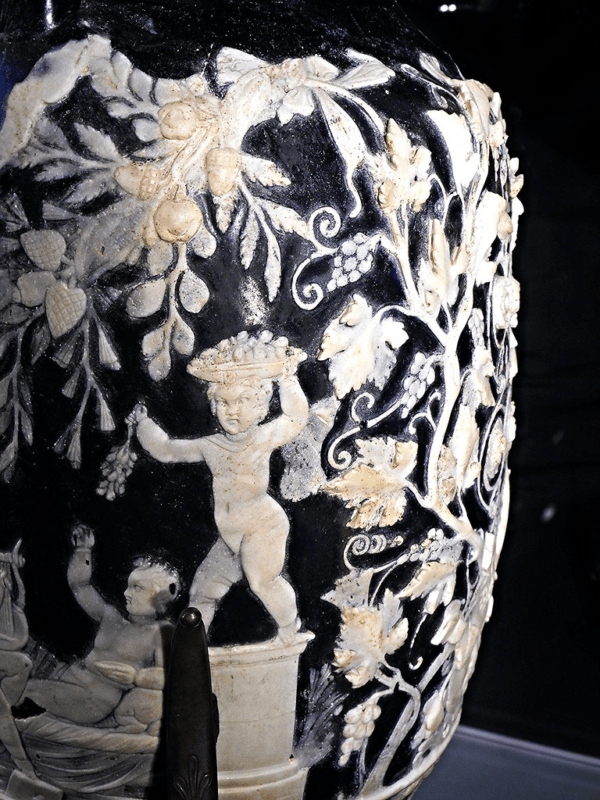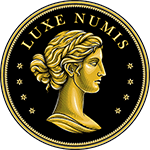What is Provenance in Ancient Coins?
Provenance refers to the documented history of an ancient coin’s ownership and origin, particularly for Roman, Greek, Byzantine, and Celtic coins. It establishes a coin’s authenticity and legality. Provenance is often tracked through auction house records, hoard discoveries, and academic publications, providing insight into a coin’s journey through time.
Why Collectors Care About Provenance

Collectors value provenance for several reasons:
- Credibility and Legality: Documented provenance confirms that a coin is genuine and legally acquired, avoiding ethical and legal issues.
- Increased Value: Coins with verified provenance often command higher prices. Their documented history adds prestige and appeal.
- Historical Significance: Provenance can reveal fascinating stories about a coin’s past, enriching its historical and cultural value.
- Storytelling: Many collectors find that a coin’s history adds to its charm. Knowing a coin’s past ownership or discovery enhances the collecting experience.
Luxe Numis and Provenance
At Luxe Numis, we recognize the importance of provenance. We carefully source our coins from vendors and auction houses that validate provenance and authenticity. While we do not provide complete provenance documents with each purchase, we ensure our coins meet high standards for legality and credibility. This process gives you confidence in the authenticity of your acquisition. Check out our store for more!
How Collectors Can Research Provenance
Researching provenance can be an enriching part of coin collecting. Here’s how you can get started:
- Auction House Records: Prestigious auction houses maintain archives with provenance information. These records are essential in tracing a coin’s history.
- Academic Publications: Scholarly resources often document coins’ origins and their journey through different collections. Institutions like the American Numismatic Society (ANS) and the British Museum offer valuable insights.
- Hoard Discoveries: Coins found in hoards often have detailed records that add depth to their provenance. Understanding these discoveries can enhance your appreciation of a coin.
- Online Databases: Websites like CoinArchives.com and Sixbid.com provide searchable databases with auction results and provenance details.
- Collector Networks and Forums: Engaging with other collectors and experts can provide leads on a coin’s provenance. Online forums and numismatic societies are excellent resources.
- Library Resources: Libraries with strong numismatic collections often have reference books and catalogs that include detailed provenance information.
Conclusion
Provenance is a vital aspect of ancient coin collecting, offering collectors confidence in the authenticity, legality, and historical significance of their acquisitions. At Luxe Numis, we prioritize sourcing coins from reputable vendors and auction houses that validate the provenance and authenticity of their offerings. Although we do not provide a complete provenance history with every purchase, our commitment to quality ensures that our coins meet high standards of credibility. By using available resources, collectors can explore their coins’ history, adding another layer of enjoyment to their collecting experience.

